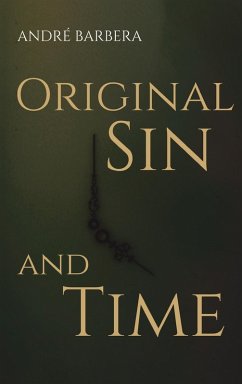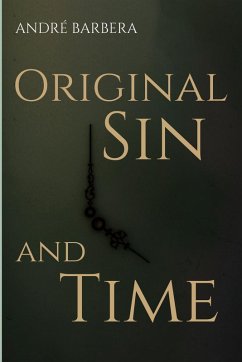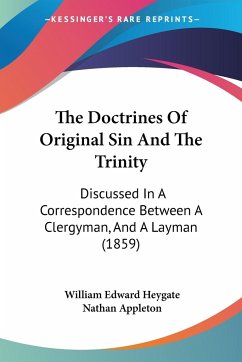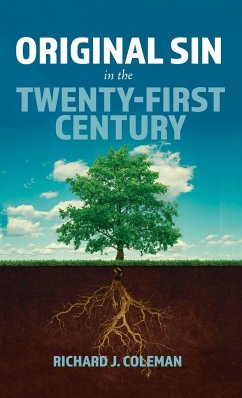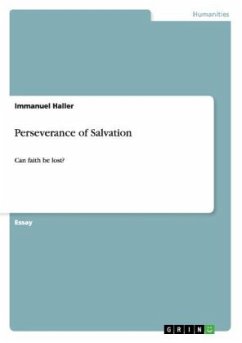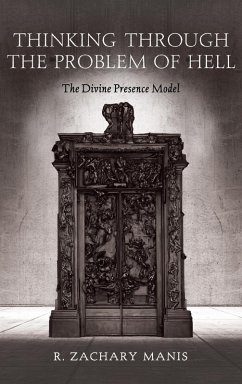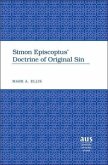The Christian doctrine of original sin, properly understood, uniquely expresses the human condition. People lament their sins and mistakes, although they assume guilt only for the former. Are they also responsible for their mistakes, perhaps even for all that they deem unpleasant or catastrophic in the world--earthquakes, hurricanes, volcanic eruptions, and the cruelty of others? Andre Barbera explores the latter possibility, arguing that a proper understanding of original sin renders each and every person guilty for all misery and woe. Two entirely common experiences provide clues for the argument that original sin and time are the same thing. The first is waiting, pure and simple. Everyone waits, every day. The second experience is people's vain attempt to hold together one another in thought, word, and image. This practice is especially conscious when the person whom someone attempts to hold together has died. ""Time heals all"" is a euphemism for ""Sin kills love."" The argument regarding original sin and time pertains directly to the questions of predestination, individual freedom, divine foreknowledge, and universal salvation. By extension, it could be applied to the discussion regarding pronouns and gender identification and to the rhetoric surrounding abortion.
Hinweis: Dieser Artikel kann nur an eine deutsche Lieferadresse ausgeliefert werden.
Hinweis: Dieser Artikel kann nur an eine deutsche Lieferadresse ausgeliefert werden.

